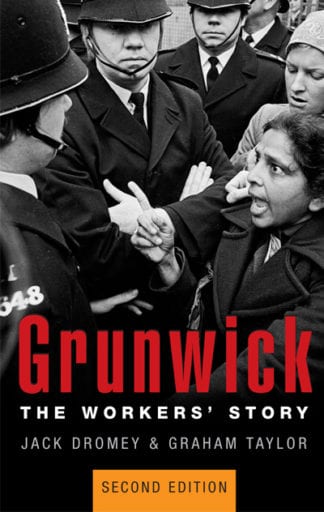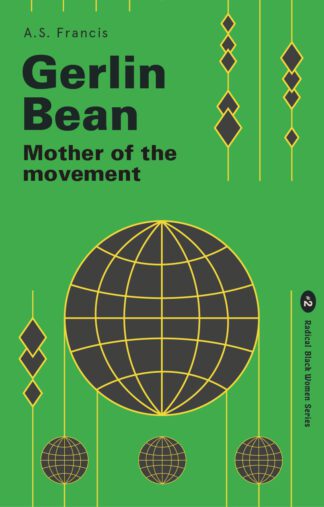The Caribbean and the Second World War situates the tense relationship between the Caribbean and its colonial powers in a longer historical context. Drawing on hundreds of archival files and first-hand interviews, Douglas uncovers British racism and the colour bar in the armed forces before, during and after the war. He illustrates how the war directly affected the Caribbean through U-boat attacks, rationing and increased US army presence, as well as exploring the role of West Indians in the RAF, army and naval services. In the postwar period, he traces the link between West Indian military service and the rise in Caribbean migration to a Britain in need of rebuilding.
Preface
SECTION I – PRELUDE: THE MAKING OF A FIGHTING FORCE
Chapter 1 – Fighting against the Empire: Poverty and unrest during the interwar years
Chapter 2 – Fighting for Empire: Britain’s West Indian regiments
SECTION II – THE CARIBBEAN HOME FRONT IN THE SECOND WORLD WAR
Chapter 3 – First Years of War in the Caribbean
Chapter 4 – War comes to the Caribbean
Chapter 5 – US in the Caribbean
SECTION III – SERVING OVERSEAS
Chapter 6 – The fight for a combat role
Chapter 7 – Among the few: Role of West Indians in the RAF
Chapter 8 – Royal and merchant navies
Chapter 9 – The role of women
Chapter 10 – Beyond the military: The essential jobs of war
Chapter 11 – Britain’s wartime colour bar
SECTION IV – AFTERMATH: POSTWAR CHANGES
Chapter 12 – Postwar Caribbean: Unfinished business
Chapter 13 – Postwar Britain: Rebuilding begins
Chapter 14 – Conclusion
Index
If you did not know how reliant Britain was during the Second World War on all it received from its Caribbean colonies, read this book! No Caribbean, possibly no victory!
Budapest-born Marika Sherwood has written numerous articles and books on the history of Black peoples in Britain, most recently Kwame Nkrumah and the Dawn of the Cold War: the West African National Secretariat, 1945-48 (2019)
The Caribbean and the Second World War is a welcome addition to the growing number of books that focus on Black service personnel in wartime. The author has undertaken rigorous archival research with diligence, passion and an outstanding attention to detail. The result is a fascinating book which will be appreciated by a wide readership.
Stephen Bourne, author of The Motherland Calls: Britain’s Black Servicemen and Women 1939-45
Douglas’s new book draws on a wealth of sources, bringing pan-Caribbean insight and historical perspective to the wartime sacrifices of the men and women who became pioneers in post-war Britain and postcolonial Caribbean nations.
Dr Richard Smith, author of Jamaican Volunteers in the First World War: Race, Masculinity and the Development of National Consciousness
This is a gripping account of twentieth-century world history, one that restores the Caribbean region to its rightful place in global geopolitics. Yet it is also an important book about the making of contemporary Britain. With the Windrush scandal firmly in his sights, Douglas shows how the stories of West Indian military labour must be read alongside the interminable process of decolonisation.
Vron Ware, Military Migrants: Fighting for YOUR country (2012)
The Second World War was precisely that – a world war – but often Europe is seen as the only theatre of war that matters, and Europeans the only combatants worthy of historical investigation. Colin Douglas forthrightly challenges this prescription in an accessible and readable way. It is perhaps not surprising that the war meant different things to different Caribbean people, but the concise articulation of these differences is what makes Douglas’s work so vital.
Onyeka Nubia, author of: England’s Other Countrymen: Black Tudor Society (2019), presenter ‘Walking Victorian Britain’ (2021).





